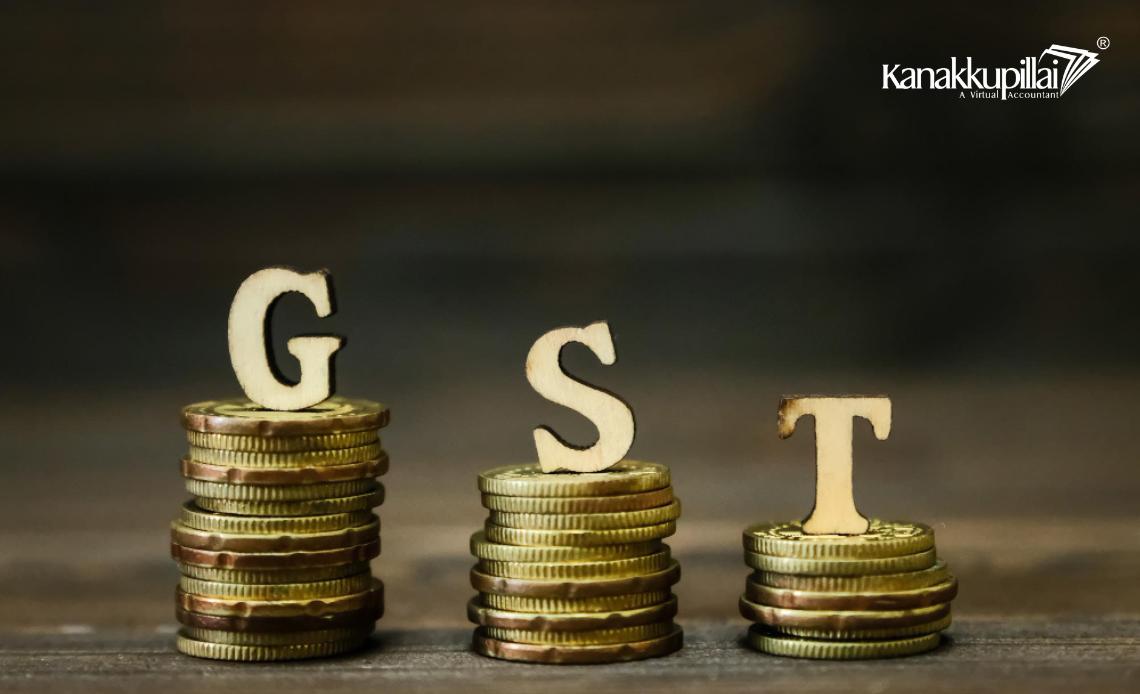Last Updated on January 31, 2026
The Goods and Services Tax (GST) structure in India is based on transparency, avoiding tax cascading, and facilitating an uninterrupted flow of tax credits. Although GST refunds are generally associated with exporters and businesses, there are individual situations in which a GST refund may be available.
This blog explains when and how an individual (not necessarily running a business) can claim a GST refund, what documents are needed, and how the refund process works on the GST portal.
Introduction
When people think about GST refunds, they usually associate them with big exporters, manufacturers, or registered business entities. But the GST law does not restrict refunds only to businesses. Under certain circumstances, even individuals who are not running a business or registered under GST may be entitled to get a refund of the tax they paid.
Understanding how and when an individual can claim a GST refund is important, especially in cases involving large one-time purchases, cancellation of bookings, or export of services without GST registration.
Who is Considered an ‘Individual’ in This Context?
In the context of GST law, an individual means a person who is –
- Not registered under GST (i.e., a consumer), or
- A person registered under GST in an individual capacity (e.g., a sole proprietor or freelancer)
We will focus here primarily on individuals not running a GST-registered business, but who may still be entitled to a GST refund.
Can an Individual Claim a GST Refund?
Yes, a GST refund is possible in certain situations, even for a GST-unregistered individual. Some general circumstances are –
1. Booking Cancellations (Hotels, Flights, Events)
If an individual books a hotel, flight, or event where GST was charged and later cancels the booking, the service provider is expected to –
- Refund the GST amount along with the base amount, if the full amount was refunded
- Or adjust the GST in proportion to the cancellation charges, depending on the policy
If the GST is not refunded by the vendor, the individual can raise a grievance with the vendor or report it through the GST portal or consumer grievance platforms.
2. Excess GST Charged on Purchase
Sometimes, sellers charge GST at a rate higher than prescribed. In such cases –
- The individual can first request a correction/refund from the seller
- If not resolved, a complaint can be filed through the CBIC’s GST portal
- The individual may claim a refund, especially if the vendor fails to deposit the tax with the government
3. International Tourists (Tourist Refund Scheme – TRS)
Foreign nationals visiting India are considered international tourists. The GST law provides for a Tourist Refund Scheme (TRS) where they may get a refund of the GST paid on goods purchased during their stay in India, provided –
- The goods are taken out of India
- Proper invoices are maintained
- The refund claim is filed before departure
This provision is yet to be formally implemented nationwide, but it exists under GST law (Section 15 of IGST Act).
4. Export of Services by Individuals (Without GST Registration)
In some cases, freelancers or professionals providing services to clients abroad and receiving payment in foreign convertible currency may be treated as exporters under GST law.
If they –
- Are not registered under GST,
- Meet the conditions of zero-rated export, and
- GST was wrongly charged by a platform (like a third-party aggregator),
They may claim a refund of GST charged, usually through the vendor or platform.
5. Inverted Duty Structure — For Registered Individuals
For individuals who are registered under GST (such as freelancers or self-employed professionals), a refund can be claimed in cases where
- The GST rates on inputs are higher than on outputs
- This creates an accumulated input tax credit (ITC)
Such individuals can apply for a refund of the unutilized ITC under Section 54(3) of the CGST Act.
How to Claim a GST Refund as an Individual?
If Registered under GST –
You can apply for the refund via Form RFD-01 on the GST portal.
Steps –
- Log in at https://www.gst.gov.in
- Go to Services → Refunds → Application for Refund
- Select the relevant refund type
- Fill in the required details, attach supporting documents (invoices, cancellation proof, etc.)
- Submit and track the status online
If Not Registered –
- You cannot directly file a refund claim through the portal.
- You must –
- Contact the vendor who collected the GST
- If unresolved, raise a grievance with CBIC (https://cbic-gst.gov.in) or file a consumer complaint
- Keep proof of payment and the invoice for follow-up
Documents Required for GST Refund Claims
- Original invoice with GST details
- Proof of payment (bank statement or transaction slip)
- Booking or order cancellation confirmation (if applicable)
- Refund denial communication (from vendor, if any)
- Identity proof (in case of offline complaints)
Important Things to Keep in Mind
- Unregistered individuals cannot use the GST portal features directly; they must rely on the vendor or use consumer grievance mechanisms.
- Always ensure you receive a proper GST invoice when paying for goods or services.
- For international tourists, the TRS framework still needs proper implementation, but it is part of the GST law.
- Refunds, if delayed beyond 60 days from application (for registered users), attract interest.
Conclusion
While GST refunds are generally seen as a business function, individuals can claim a GST refund in specific situations, such as booking cancellations, excess GST charged, or exports of services without registration. The key is to keep proper documentation and act within the prescribed time limits.
If you are a GST-registered individual, you can file a refund through the official GST portal. If not, you should work through the vendor or raise an official complaint. As GST systems continue to improve, individuals will have more clarity and access to such processes in the future.
References
https://tutorial.gst.gov.in/
https://cbic-gst.gov.in/
https://www.gst.gov.in/





